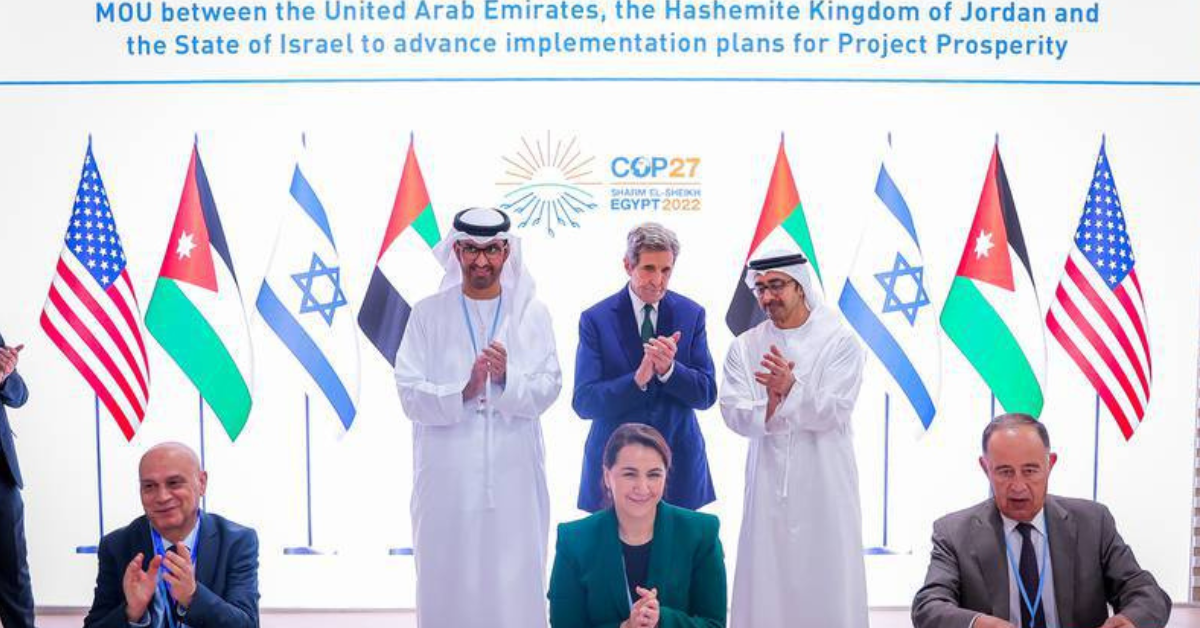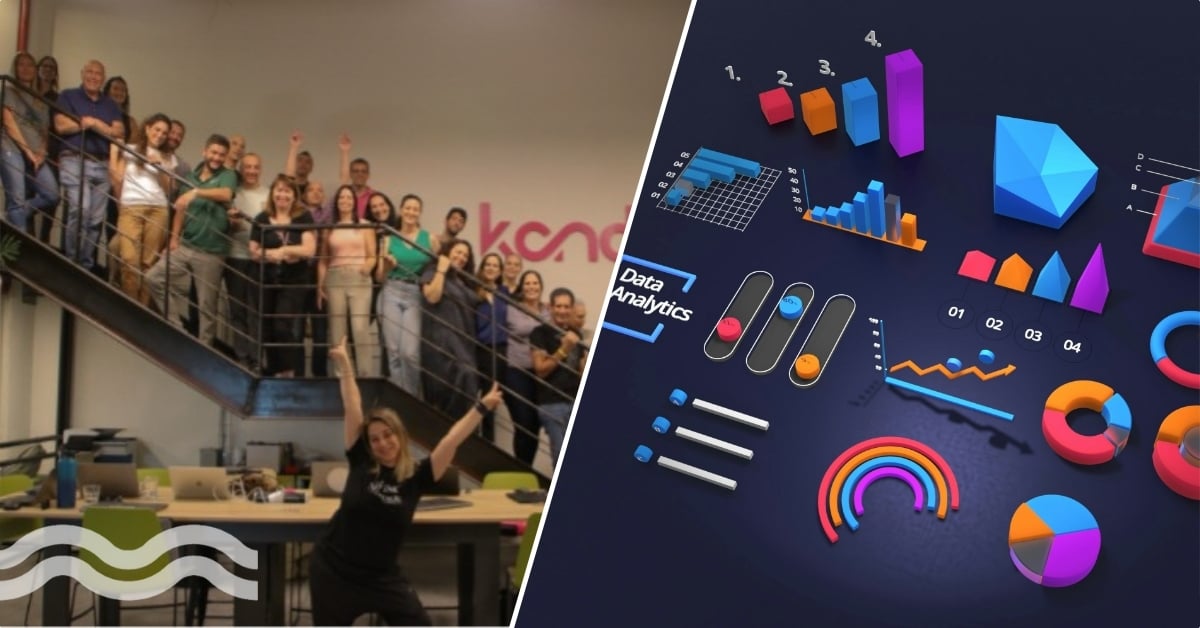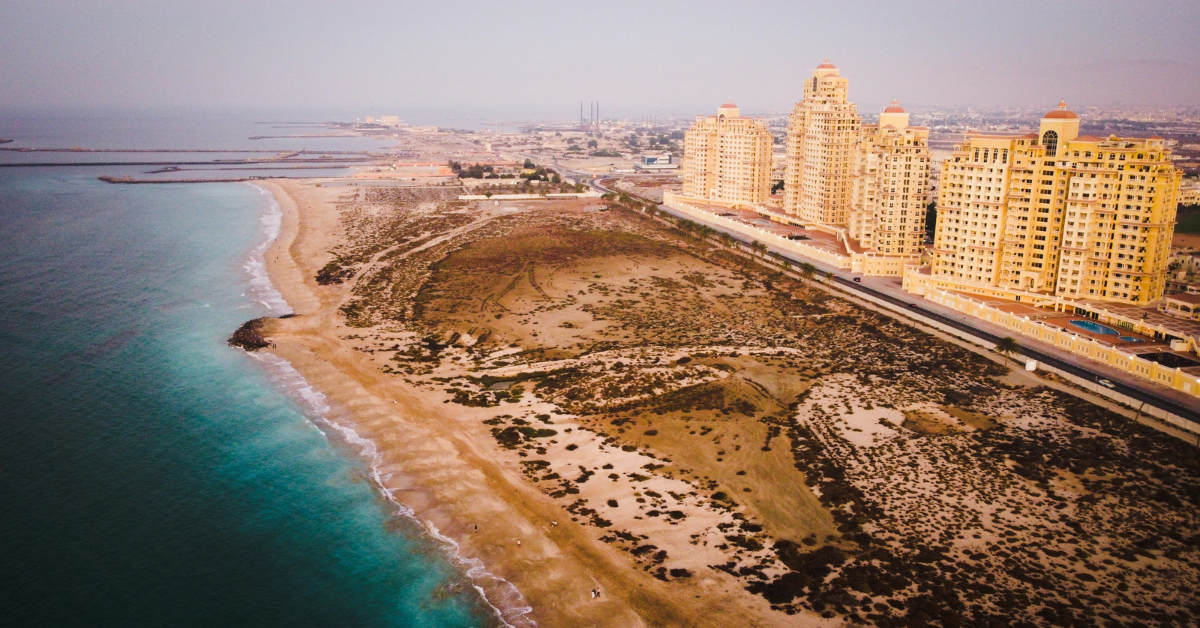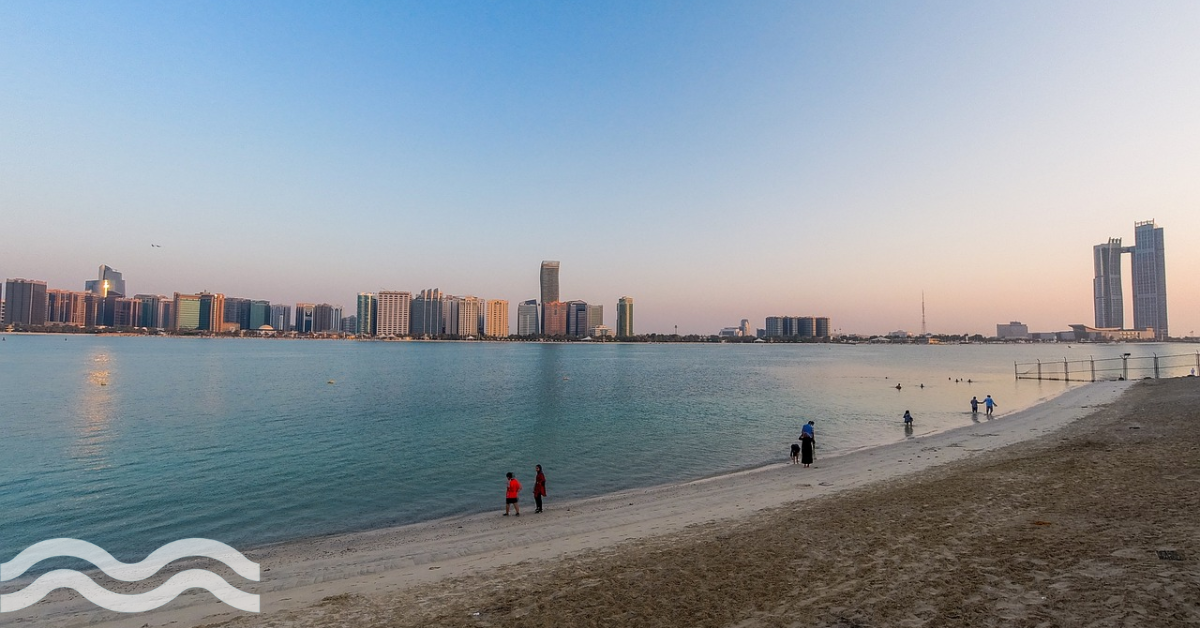Kuwait expands wastewater facilities with China deal
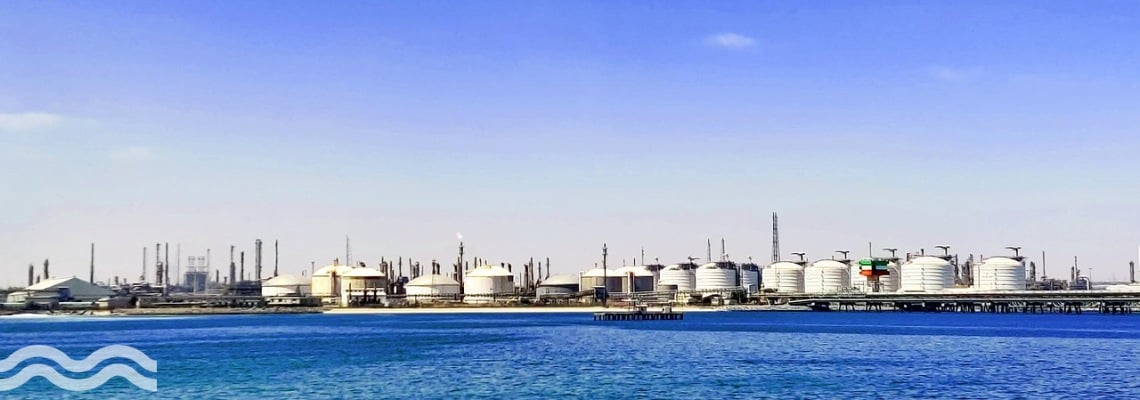
North Kabd wastewater treatment plant
Kuwait has moved to address its water challenges by working with China to build what will be the country’s largest wastewater treatment facility at North Kabd. The plant will treat up to one million cubic metres of wastewater every day, improving the quality of treated water produced.
Current infrastructure means that treated wastewater can only be reused for irrigation because of quality issues. Storage constraints also lead to high volumes being returned to the sea.
Now, the country is looking to use its strong relationship with China to leverage its expertise and technology to enhance its water reuse capabilities to support its long-term development goals.
Future infrastructure projects
The North Kabd project is part of a broader set of large-scale developments Kuwait is advancing with Chinese support, which also includes the Mubarak Al-Kabeer Port, power and water plants, renewable energy and waste recycling initiatives, and new residential areas.
Ambassador Sameeh Johar Hayat, speaking after the 28th meeting of the Ministerial Committee for Oversight of Chinese Projects, chaired by the prime minister, told the media that Kuwait-China relations are “at their best in history”.
Future cooperation with China includes the development of the Mubarak Al-Kabeer Port project, electricity systems, renewable energy production, low-carbon recycling, housing, environmental infrastructure, free zones, and economic zones.
Kuwait is also tackling the growing threat of desertification through cooperation between its Ministry of Defence and China.
.jpg)
The slow movement of water treatment projects
An advisory agreement was first prepared in 2022 by the Kuwaiti Ministry of Public Works, with reports suggesting that a consultancy firm was being appointed to ‘form a financial, technical, and legal alliance to prepare integrated feasibility studies for the North Kabd sewage treatment plant project and related works’.
At the time, the media reported that the plant would have a capacity of no less than a million cubic metres of water a day and serve residential areas and cities located south of the Sixth Ring Road – Southern Khaitan, Abdullah Al Mubarak and Jleeb Al-Shuyoukh – as well as areas west of Abdullah Al Mubarak and south of the Saad Al-Abdullah city.
A year later, in 2023, Kuwait signed memorandums of understanding with China during a visit to Beijing by then-Crown Prince Sheikh Meshal Al-Ahmad Al-Sabah.
Kuwait, a pioneer of water treatment
.jpg?h=628&iar=0&w=1200)
